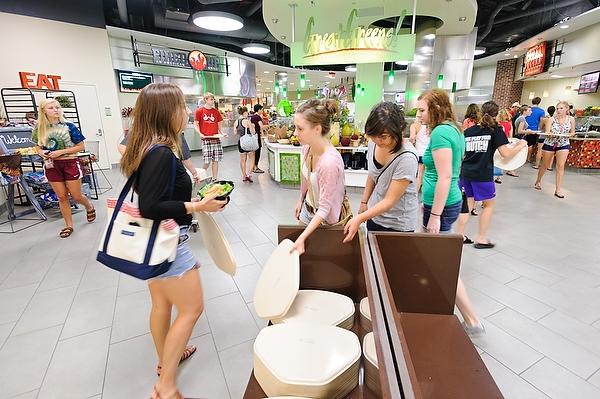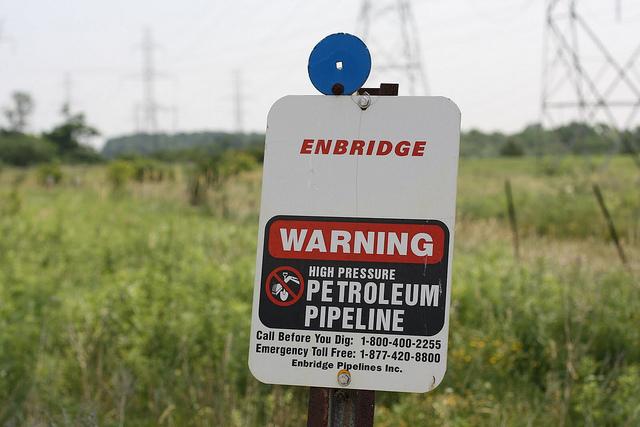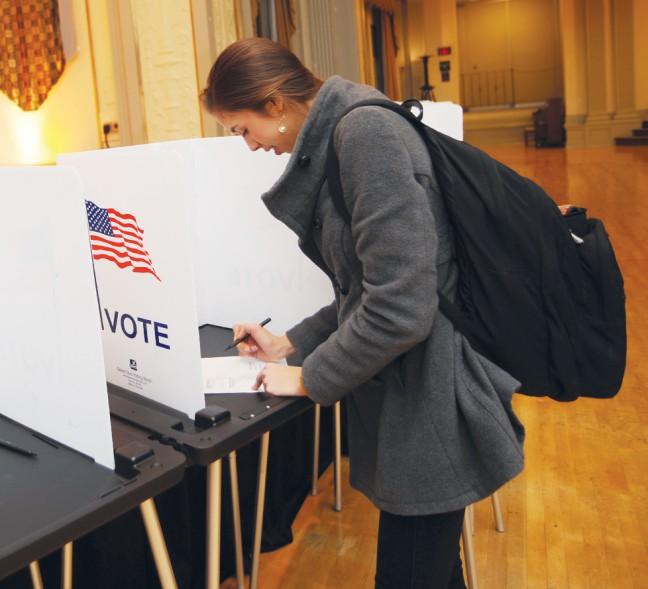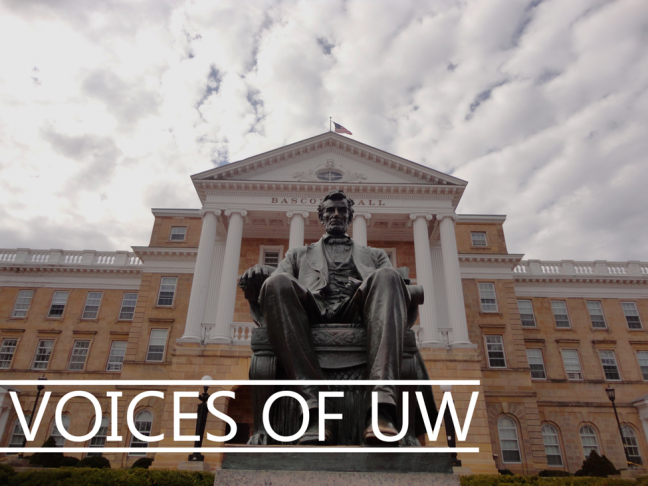The Badger Herald’s editorial board drafted nine questions it believes are important for the four finalists for the University of Wisconsin’s chancellor finalists to answer. All four candidates responded to our request. Below are answers from Rebecca Blank, a candidate who currently serves as the acting Secretary of Commerce.
Each candidate’s response has been edited for clarity and style.
1. How has your previous work experience prepared you for this position?
I have spent much of my life as a faculty member or administrator at research universities and have taught students at all levels (undergraduate, professional school, and graduate.) I understand something about how to judge research and teaching excellence, and what attracts, retains, and motivates first rate faculty and staff. I have a particular commitment to big public universities, having attended the University of Minnesota, and served as Dean of the Gerald Ford School of Public Policy at the University of Michigan. During my tenure as dean at Michigan, I led a major expansion of the program and faculty at the Ford School, which required a substantial amount of endowment fundraising. As Deputy Secretary (and currently Acting Secretary) at the Department of Commerce I am responsible for leading and managing a large and complex organization that employs almost 45,000 persons and controls a total budget of around $10 billion.
These experiences have helped build skills that are important to the chancellor job at the University of Wisconsin, including building and communicating an organizational vision, implementing strategic change, managing in a challenging budget environment, and understanding the dynamics of an institution committed to research, teaching, and community outreach.
2. How do you plan to handle the possibility of continued political volatility that leads to changes in leadership at City Hall and the Capital?
It is the job of the Chancellor to work effectively with political leaders in the community and the state. Changes in city or state leadership occur regularly and as chancellor I would expect to build relationships and communicate well with all political leaders, whatever their affiliation. The chancellor is the most public face of the University of Wisconsin and is therefore responsible for constantly communicating with people throughout the state, listening to their concerns, and demonstrating to them the many ways that the university serves the citizens of Wisconsin.
3. The university has been immersed in a debate for the last several years about the merits of administrative flexibilities and its role in the University of Wisconsin System. What are your thoughts on this issue? Have you encountered a similar debate at another institution?
Universities have certain unique organizational characteristics and I believe that it would be beneficial for the UW System to have greater flexibility in some key management decisions. For instance, faculty and many staff compete in a national academic marketplace, and retaining them often requires salary flexibility that government pay systems are not designed to provide. So I’m pleased that this discussion about administrative flexibility is ongoing within the state. The University of Michigan, where I served as dean, has much greater autonomy and UM staff and faculty are not state employees, so these issues did not arise in the same way at that institution.
4. How would you balance UW’s status as an elite institution while maintaining its socioeconomic accessibility?
Public universities in the United States have long provided both accessibility and excellence. That said, the reduced state support for these institutions in recent decades has resulted in greater pressure for tuition increases. UW faces these financial issues, as do almost all other big public universities.
Dealing with these issues and continuing to provide both excellence and access is one of the major challenges in front of a new chancellor. There are several ways to deal with this, although none of these responses will fully alleviate the budget pressures that UW is currently facing. First, UW needs to work hard at expanding its funding sources other than tuition and state funding. While UW has been very successful in raising research dollars, I believe that it can do more in soliciting private donations to endowment. The Chancellor has to be the leader in this effort. Second, UW has to continue to make sure that children from low-income families in Wisconsin who are admitted to UW can afford to attend. This means providing financial aid to these students, so that higher tuition doesn’t make UW unaffordable. Third, the deans of UW’s different schools and colleges need to have the flexibility to attract an appropriate share of higher-tuition out-of-state students into their graduate, professional and undergraduate programs…and the ‘appropriate share’ should differ by school and by degree level.
5. Previous chancellors of this university have had contentious relations with the Faculty Senate. Assuming that natural tension between Faculty Senate and the Chancellor’s office exists, how do you expect to relate with faculty politically.
There is nothing surprising about disagreements between the chancellor’s office and various groups on campus – including the Faculty Senate – over policy issues. Faculty think for themselves and anyone who wishes to lead an academic institution has to be ready to engage in constant conversation and debate with faculty organizations and with individual faculty members. But it is also the faculty and staff who carry out much of the day-to-day work of the university, and listening to them and engaging them in decision-making is essential if new policies are going to be successfully implemented. Shared governance is an important UW tradition and I would pledge to work closely with the Faculty Senate and other groups, and to take their consultative processes seriously.
6. Chancellor Biddy Martin established a significant reputation for UW in China. What strategies would you employ to maintain this global connection, and would you expand our presence to other nations or regions?
In many ways, UW already has global connections. Students come from all over the world to attend UW, UW students engage to study abroad programs, UW faculty visit universities around the world, and faculty from many others schools come to visit UW. But in an increasingly global world, universities like UW need to think about the benefits of establishing closer relationships with selected institutions in other parts of the world. There is no single successful model for this and whatever is set up has to be sustainable, with clear benefits to both partners. I’m very pleased that Chancellor Martin has established these connections in China, and would look forward to learning more about that program. I would hope to work with the faculty at UW to consider whether other collaborative ventures with universities in other parts of the world would benefit UW’s students and faculty.
7. The University of Wisconsin has a history of athletic achievement. What do you see as the role of an athletic department in a university?
University athletic programs serve many purposes. They can provide a sense of school spirit and common identity, bringing the alumni, students, and community members together on a fall Saturday (for example) to cheer on the UW team. University athletics also serves as a reminder that to be fully human requires that we utilize both our mind and our body. There is a beauty and a pattern to excellent game performance, both by individual athletes and by teams, that is not unlike the beauty and patterns in certain areas of art or science. At the same time, those who participate in university athletics are student athletes and their student status should never be pushed aside. The university has a responsibility to make sure that all of its students receive an education worthy of UW and graduate with the skills needed to launch their adult careers. Hence, the athletic department should always be fully imbedded in the University and serve its mission and goals.
8. Chancellor David Ward’s term has encountered controversy surrounding UW’s business involvement with companies like Adidas and Palermo’s Pizza. What are your thoughts on these disputes, and how do you evaluate Ward’s handling of the matter.
I do not have enough information on these disputes, nor on the university’s involvement with these companies, to make a public judgment. As an outsider, I do not want to second-guess Chancellor Ward’s decisions in these matters.
9. At a large university like UW, a schism sometimes forms between scientific research and the liberal arts. What do you think should be the primary focus of UW’s academic mission?
This is not an either/or choice. University are, by definition, broadly inclusive of a wide range of disciplines and approaches to knowledge. A school with only engineers or physicists is not a full university, and neither is a school with only humanists or political scientists. A university is a place where all approaches to knowledge come together, so students can move between classes and departments and learn different ways of looking at the world. UW’s mission is to be a full university – including the arts and humanities, the social and physical sciences, the agricultural and medical sciences, as well as the professional schools that bring interdisciplinary perspectives to bear on particular career choices.











